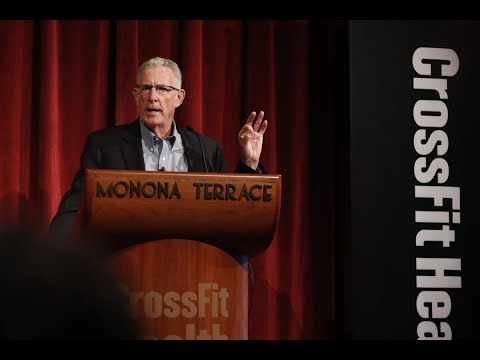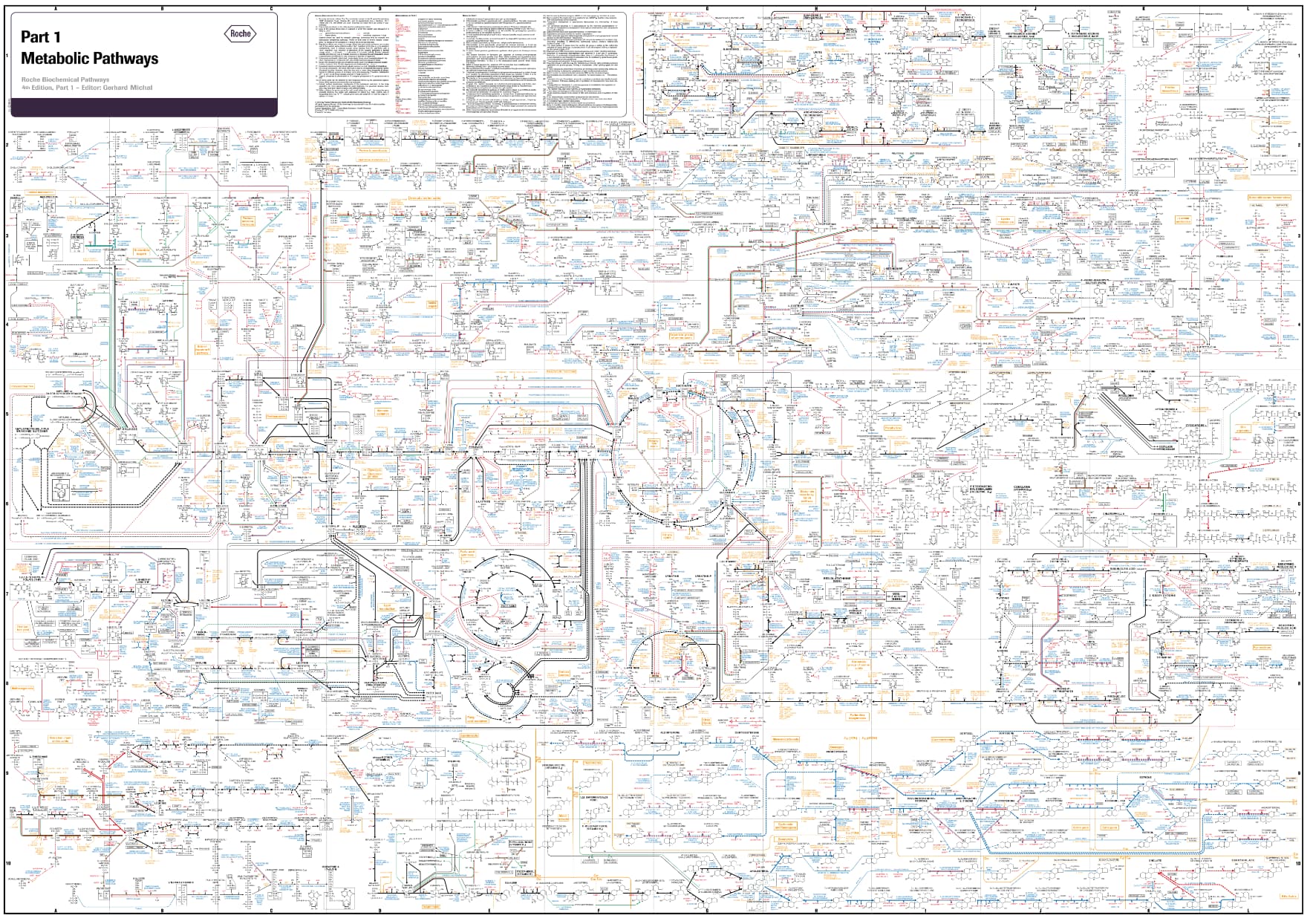Here’s another research/practrice reason I have chosen to “live my life the way I current have chosen”. (Again, please remember that I have already had cancer, so my choices may be different from yours.)
Thomas N. Seyfried
Professor of Biochem
Boston College
He has developed a protocol with good results to defeat advanced cancers using ketosis combined with traditional chemotherapies. The foundation of his treatments are essentially “starving” the cancers of their fermentation processes.
Thomas Seyfried, Ph.D., is a biochemical geneticist, professor of biology at Boston College, and author of the groundbreaking book Cancer as a Metabolic Disease. As part of a lecture delivered on July 31, 2018, at the annual CrossFit Health Conference, Seyfried presented a report card on our current approaches to treating cancer in the United States. Looking at data from the American Cancer Society on cancer incidence and deaths per day between 2013 and 2017, he noted death rates are actually on the rise. “The more money we raise for cancer, the more cancer we get,” he observed. “So you have to ask, ‘What is going on here?’ … This is a failure of monumental proportions.”
The reason for the failure “has to do with a fundamental misunderstanding of what the nature of this disease is,” he explained. “We’ve been led to believe that this is a genetic disease, and I’ll present evidence to say that it’s not.”
The belief that cancer is a genetic disease associated with somatic mutation has become dogma, Seyfried explained, and this dogma shaped much of the cancer research and treatment protocols of the twentieth century. So-called cutting-edge treatments, such as personalized therapy and precision medicine, are based on this viewpoint.
Unfortunately, the viewpoint is wrong, as Seyfried explained in “Cancer as a Mitochondrial Metabolic Disease,” an article published in Frontiers in 2015. There, he aggregated existing research on cancer and reevaluated the information in light of the two competing theories on the origin of the disease (i.e., cancer as a genetic or metabolic disease).
The research he surveyed supported Otto Warburg’s theory that cancer develops as a result of disturbed energy metabolism. Seyfried and his colleagues compared nuclear-cytoplasmic transfer and mitochondrial transfer experiments and found that the mitochondria are “calling the shots, not the nucleus,” which is “the opposite of what we would expect if this were a genetic disease,” he explained.
Seyfried then described what he and his colleagues believe is the missing link in Warburg’s theory. Normal healthy cells derive energy from oxidative phosphorylation. Cancer cells, on the other hand, get energy through fermentation. What Seyfried and his colleagues discovered — and what Warburg did not know — is that cancer cells can ferment not only lactic acid but amino acids as well. That is to say, cancer cells can derive energy for proliferation from glucose and glutamine. Thus, to remove a cancer cell’s energy source, one has to remove its access to fermentable fuels, and an effective way to do this, Seyfried found, is through calorie restriction and ketosis.
Calorie restriction and ketosis, he explained, are anti-angiogenic, anti-inflammatory, and pro-apoptotic. “No cancer drug is known that can do this without toxicity,” he said. He then added that those who claim they don’t understand the mechanism by which calorie restriction and ketosis work are full of “bullshit.” “They don’t read the literature. Nor do they contribute to it,” he said.
Seyfried’s cancer research, particularly on aggressive forms of cancer such as glioblastoma multiforme (GBM) and other stage 4 cancers, led to his development of a glucose-ketone index calculator and the press-pulse therapeutic strategy. The calculator helps patients monitor their progress toward therapeutic ketosis. The press-pulse method pairs press therapies, such as following a keto diet while taking ketone supplements and practicing stress management, with pulse therapies, such as taking glucose and glutamine inhibitors while undergoing hyperbaric oxygen treatments. During his presentation, Seyfried explained how and why these methods are more effective for cancer patients than traditional standard of care.
“GBM and other stage 4 cancers — I don’t consider them as terminal cancers,” he said.
To read a full transcription of the presentation, click here.
CrossFit® - Forging Elite Fitness® (https://www.crossfit.com/ (YouTube)
)

